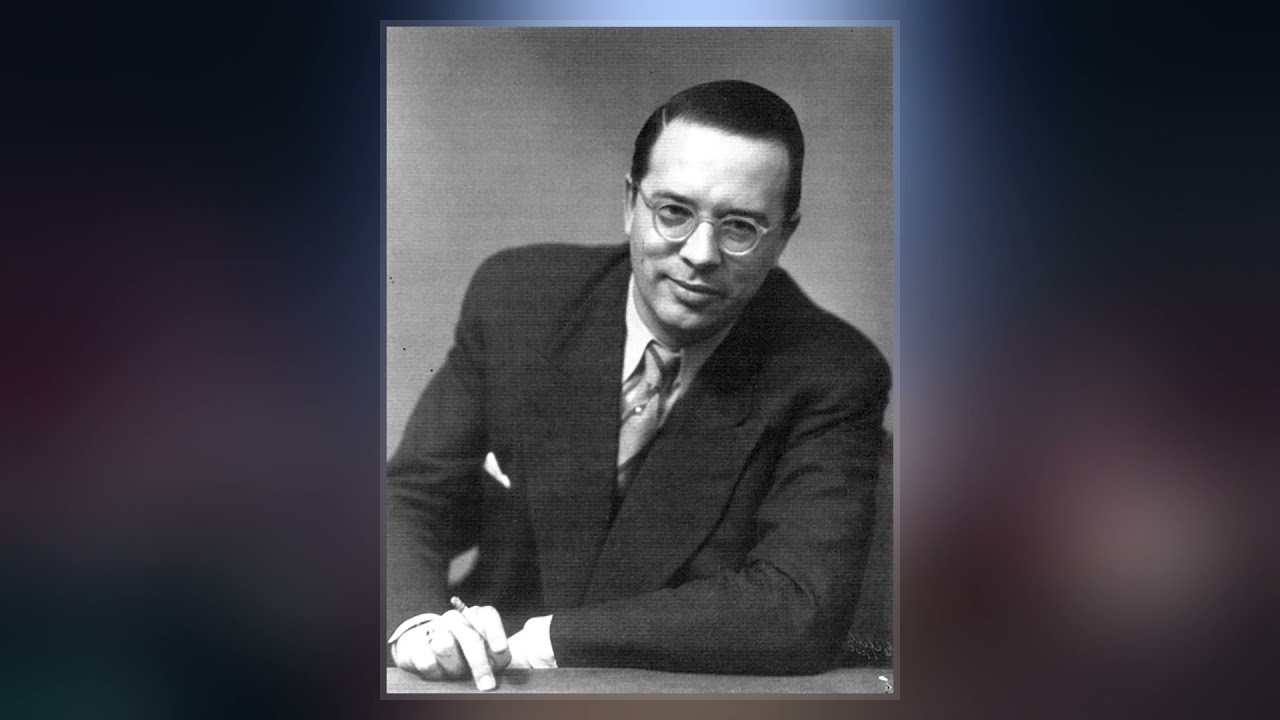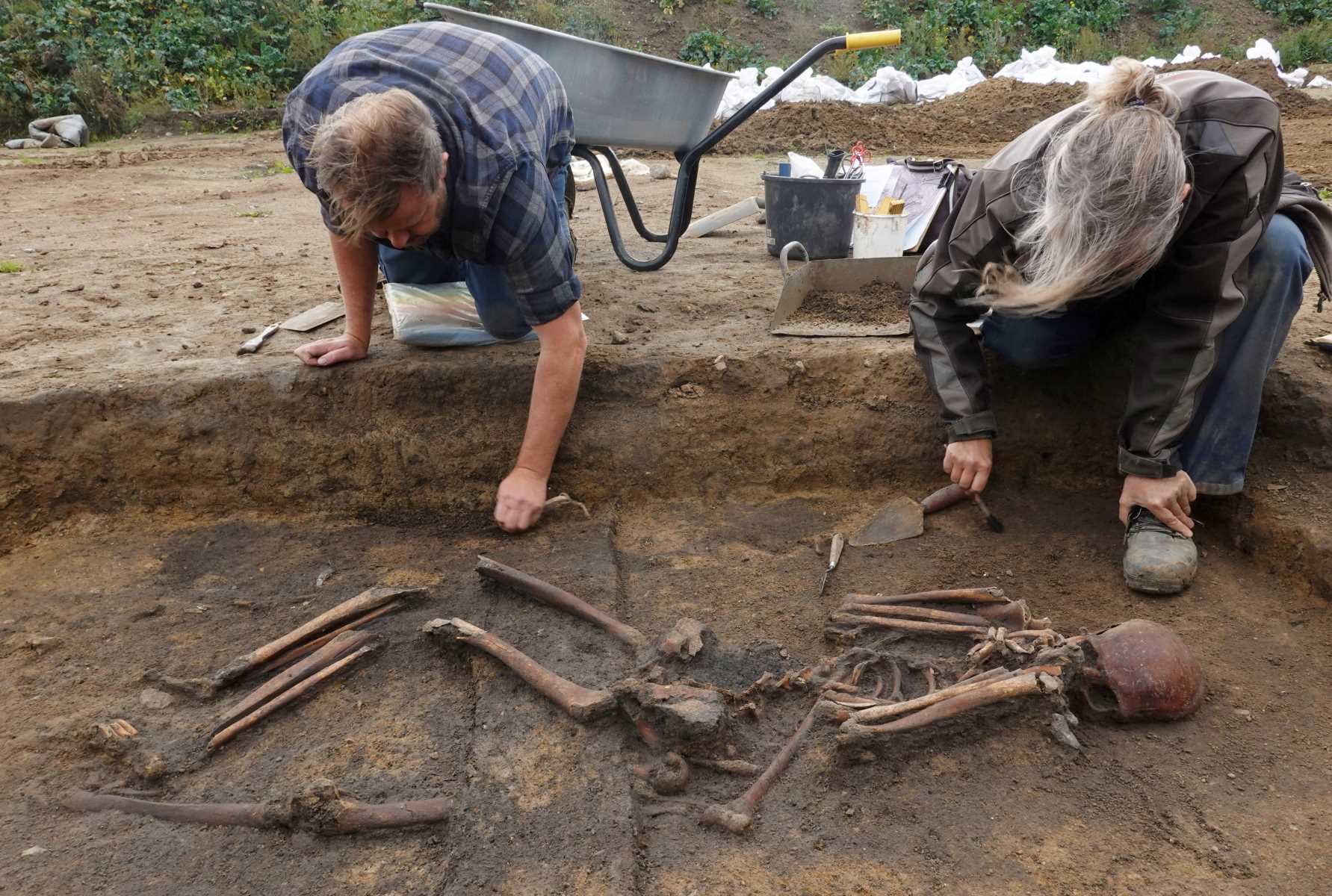
Who was Georg Ferdinand Duckwitz? Georg Ferdinand Duckwitz was a German diplomat who played a crucial role during World War II. He is best known for his efforts to save Danish Jews from Nazi persecution. Duckwitz, stationed in Denmark, learned about the planned deportation of Danish Jews and took bold steps to warn them. His actions led to the successful escape of over 7,000 Jews to Sweden, sparing them from the horrors of concentration camps. Duckwitz's bravery and moral courage have made him a celebrated figure in history. His story is a testament to the impact one person can have in the face of injustice.
Key Takeaways:
- Georg Ferdinand Duckwitz, a German diplomat, bravely saved thousands of Danish Jews during WWII, earning recognition and inspiring modern diplomacy.
- Duckwitz's courageous actions during WWII had a lasting impact on history, influencing modern diplomacy and humanitarian efforts. His story continues to inspire many.
Who Was Georg Ferdinand Duckwitz?
Georg Ferdinand Duckwitz was a German diplomat known for his courageous actions during World War II. His efforts saved thousands of Danish Jews from Nazi persecution. Here are some fascinating facts about this remarkable individual.
-
Duckwitz was born on September 29, 1904, in Bremen, Germany.
-
He initially worked in the coffee business before joining the German Foreign Office.
-
Duckwitz was stationed in Copenhagen, Denmark, during World War II.
Duckwitz's Role in WWII
Duckwitz played a crucial part in the resistance against Nazi policies. His actions were pivotal in saving many lives.
-
In 1943, he learned about the Nazis' plan to deport Danish Jews to concentration camps.
-
Duckwitz secretly traveled to Sweden to negotiate asylum for Danish Jews.
-
He informed Danish politicians about the impending deportations, allowing them to warn the Jewish community.
-
His efforts led to the successful escape of over 7,200 Danish Jews to Sweden.
Recognition and Legacy
Duckwitz's bravery did not go unnoticed. His legacy continues to inspire many.
-
After the war, Duckwitz was honored by the Danish government for his heroic actions.
-
In 1971, Israel recognized him as Righteous Among the Nations, a title given to non-Jews who risked their lives to save Jews during the Holocaust.
-
Duckwitz continued his diplomatic career, serving as West Germany's ambassador to Denmark from 1955 to 1958.
Personal Life and Character
Duckwitz's personal life and character traits also contributed to his extraordinary actions.
-
He was known for his strong moral convictions and sense of justice.
-
Duckwitz was fluent in several languages, including Danish and Swedish, which helped him in his diplomatic efforts.
-
Despite the risks, he remained committed to doing what he believed was right.
Duckwitz's Impact on History
Duckwitz's actions had a lasting impact on history, particularly in Denmark and among the Jewish community.
-
His efforts are considered one of the most successful rescue operations during the Holocaust.
-
Duckwitz's story is taught in Danish schools as part of their history curriculum.
-
Several books and documentaries have been made about his life and actions.
-
Duckwitz's actions strengthened the bond between Denmark and Germany post-WWII.
Commemorations and Memorials
Duckwitz's heroism is commemorated in various ways around the world.
-
A street in Copenhagen is named after him.
-
The Jewish community in Denmark holds annual ceremonies to honor his memory.
-
Duckwitz's story is featured in the Holocaust Museum in Washington, D.C.
-
Several plaques and memorials in Denmark and Germany commemorate his bravery.
Duckwitz's Influence on Modern Diplomacy
Duckwitz's legacy continues to influence modern diplomatic practices and humanitarian efforts.
-
His actions are studied in diplomatic training programs as an example of moral courage.
-
Duckwitz's story is often cited in discussions about the role of diplomats in protecting human rights.
-
His legacy inspires current diplomats to take bold actions in the face of injustice.
Duckwitz's Later Years
Duckwitz continued to live a life of service and dedication even after the war.
-
He retired from diplomatic service in 1965.
-
Duckwitz spent his later years writing and speaking about his experiences during the war.
-
He passed away on February 16, 1973, in Bremen, Germany.
Duckwitz in Popular Culture
Duckwitz's story has also made its way into popular culture, inspiring many.
-
He is the subject of several novels and historical fiction books.
-
Duckwitz's actions have been portrayed in films and TV series about World War II.
-
His story is often included in exhibitions about the Holocaust and World War II.
Duckwitz's Family and Background
Understanding Duckwitz's family background provides more context to his actions.
-
He came from a well-respected family in Bremen, known for their business acumen.
-
Duckwitz's family supported his decision to join the Foreign Office and later his actions during the war.
-
His upbringing instilled in him a strong sense of duty and responsibility.
Duckwitz's Philosophy and Beliefs
Duckwitz's personal philosophy and beliefs played a significant role in his actions.
-
He believed in the fundamental rights of all human beings, regardless of their background.
-
Duckwitz often spoke about the importance of standing up against tyranny and oppression, a belief that guided his actions during the war.
Georg Ferdinand Duckwitz: A Legacy of Courage
Georg Ferdinand Duckwitz's actions during World War II stand as a testament to bravery and humanity. Risking his life, he warned Danish Jews about impending Nazi deportations, helping save thousands. His story isn't just about one man's courage but also about the power of individual actions in the face of widespread evil.
Duckwitz's legacy reminds us that even in the darkest times, there are those who choose to do what's right. His efforts earned him recognition as Righteous Among the Nations, a title given to non-Jews who risked their lives to save Jews during the Holocaust.
Learning about Duckwitz inspires us to act with integrity and courage in our own lives. His story is a powerful reminder that one person can make a significant difference. Let's carry forward his legacy by standing up for justice and humanity.
Frequently Asked Questions
Was this page helpful?
Our commitment to delivering trustworthy and engaging content is at the heart of what we do. Each fact on our site is contributed by real users like you, bringing a wealth of diverse insights and information. To ensure the highest standards of accuracy and reliability, our dedicated editors meticulously review each submission. This process guarantees that the facts we share are not only fascinating but also credible. Trust in our commitment to quality and authenticity as you explore and learn with us.


